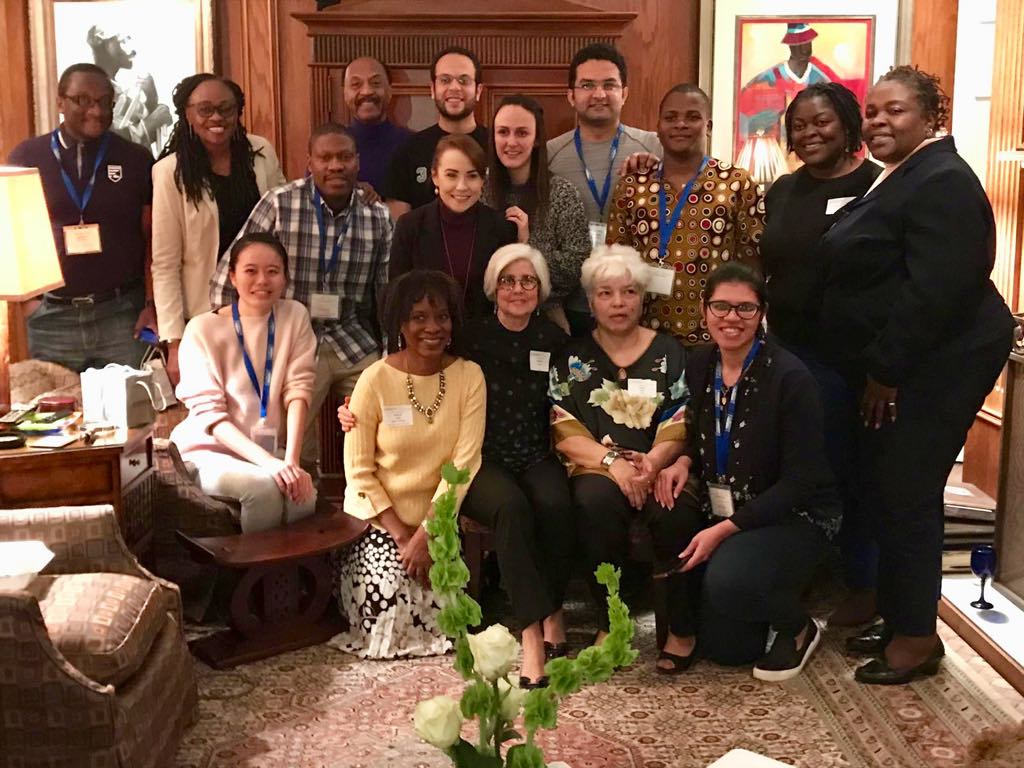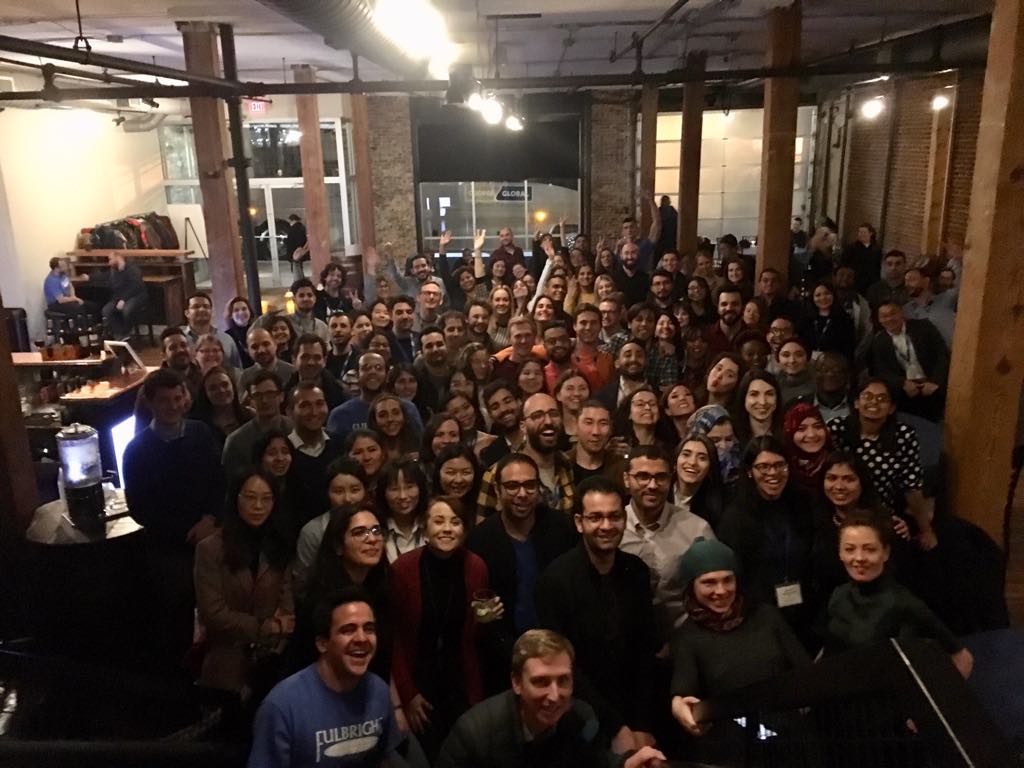Lisa Murphy
Lisa Murphy is a Postdoctoral researcher at NUI Galway. Her PhD research at UCC focused on the role of future-oriented thinking in health-related decision-making and behaviour. As a Fulbright Awardee, Lisa visited the Department of Psychology at the University of Illinois, Chicago to conduct research on the neural network that supports our ability to think about the future.
What does your research / work do for citizens?
“The ability to imagine and consider the future (i.e. mental time travel) is a powerful and uniquely human ability. No other living thing can imagine weeks, months and years into the future, or anticipate, predict or evaluate what the future might hold in store for them. The goal of my research is to understand the influence of future thinking on peoples’ present-day decision-making and behaviour, and to identify the best ways to motivate and help people consider the long-term consequences of their current behaviours, particularly behaviours that are conducive to negative health outcomes (e.g. poor diet, sedentary behaviours etc.). Harnessing the ability to consider the consequences of today’s behaviour on the health of the future self can help promote engagement in behaviours that benefit the future self.”
What problem are you trying to solve?
“Human behaviour is the number one threat to human health and well-being. Understanding the specific individual factors that influence behaviour will help us to develop more effective interventions to change behaviour. One such factor is the extent to which people consider the future outcomes of behaviour and the specificity at which people imagine these future outcomes if they do think about them. For instance, some people tend to only care about the immediate benefits of their behaviour (e.g. immediate gratification of cigarette smoking) rather than the potential future health consequences, and if they do consider the future, they may not do so in a way that is meaningful (i.e. they may not consider the potential consequences in-depth or realistically). Although my research to date has primarily focused on behaviours that affect health, it is possible to adapt and tailor interventions to address other important societal challenges that are primarily driven by human behaviour, including road safety and climate change.”
Where did you go on your Fulbright Award and why?
“I visited the Department of Psychology at the University of Illinois at Chicago, to work with Dr Karl Szpunar, leader of the Memory Lab. Dr Szpunar is an expert in a phenomenon known as Episodic Future Thinking. Episodic Future Thinking is a  uniquely human capacity to imagine future events in a way that is specific, vivid and detailed. If I asked two people to consider the future consequences of their eating behaviour, for example, one factor that might distinguish them is how specific their imagined futures are. The more specific and detailed a person imagines a future event to be, the more likely they are to be influenced and motivated by their perception of it. Dr Szpunar and I both share an interest in understanding the role of Episodic Future Thinking in relation to health behaviours like smoking behaviour and fast food consumption.
uniquely human capacity to imagine future events in a way that is specific, vivid and detailed. If I asked two people to consider the future consequences of their eating behaviour, for example, one factor that might distinguish them is how specific their imagined futures are. The more specific and detailed a person imagines a future event to be, the more likely they are to be influenced and motivated by their perception of it. Dr Szpunar and I both share an interest in understanding the role of Episodic Future Thinking in relation to health behaviours like smoking behaviour and fast food consumption.
As well as working in Chicago, one of my goals was to see as much as the U.S. as I could, and to experience as much of U.S. culture as was possible. I was fortunate enough to be able to travel around the state of Illinois, and to visit other cities including Portland, New Orleans, New York, Atlanta and Boston as well. Each place had its own unique cultural fingerprint and I loved getting to know each and every one!”
What were the chief learnings from your Fulbright Award? What are you able to do better now?
“First and foremost, I feel so fortunate to have met and gotten to know so many incredible people from different cultural and ethnic backgrounds to my own. I learned so much about the power of embracing cultural differences while finding common ground in life experience. I gained a deep appreciation for the various social challenges faced by different people from all across of the U.S., as well as for the many cultural beliefs and practices I was fortunate enough to learn about along the way. As a result of these experiences, I have grown confidence in my ability to immerse myself in and adapt to different social and cultural environments. In terms of cult ural diversity, Ireland is like a mini bag of Haribo jellies with only eggs and hearts inside, maybe a couple of cherries. The U.S.? Well that’s a supersized bag holding every kind of jelly imaginable! As an Irish person who has lived in Ireland my whole life, it was a whole new world to me, and without a doubt the foundation of the majority of my learning and growth as a Fulbright Awardee. For that I am very grateful.
ural diversity, Ireland is like a mini bag of Haribo jellies with only eggs and hearts inside, maybe a couple of cherries. The U.S.? Well that’s a supersized bag holding every kind of jelly imaginable! As an Irish person who has lived in Ireland my whole life, it was a whole new world to me, and without a doubt the foundation of the majority of my learning and growth as a Fulbright Awardee. For that I am very grateful.
In relation to my learning as an early career academic, working as part of the Memory Lab enabled me to gain important new skills in experimental, lab-based research that I had not yet acquired as part of my PhD research programme. I also gained an excellent understanding and appreciation for how academic practices and processes, and academic life more generally, vary between countries and this greatly enhanced my confidence to be able to navigate different academic environments. I know that this will benefit me as I pursue postdoctoral opportunities in other countries.”
What have been the highlights of your Fulbright experience so far?
“For me, the biggest highlights were experiencing all of the things that define the U.S. … singing ‘take me out to the ballgame’ at a Chicago Cubs baseball game in Wrigley Field, whispering through the concrete corners of the whispering gallery in Grand Central Station, singing and dancing in a wedding parade along the streets of New Orleans, getting lost in a giant cornfield at a pumpkin patch farm in Illinois, meeting Kelsey Grammar at LaGuardia Airport (had to sneak that one in!). These were the things that defined the U.S. for me growing up and it was a dream come true to experience them all. One particular highlight was the Fulbright Enrichment Seminar in Atlanta last January. I met hundreds of other inspiring Fulbrighters from all over the world and had some truly unforgettable conversations with the most incredible people from Atlanta in their own homes and schools. This was one of the most empowering experiences I’ve ever had. I also had the opportunity to travel to two of the flagship academic conferences in my field, which I would not have been able to afford were I not in the U.S. on my Fulbright Award. I met with some of the most intelligent and creative researchers in psychology, and forged some exciting research collaborations!”
